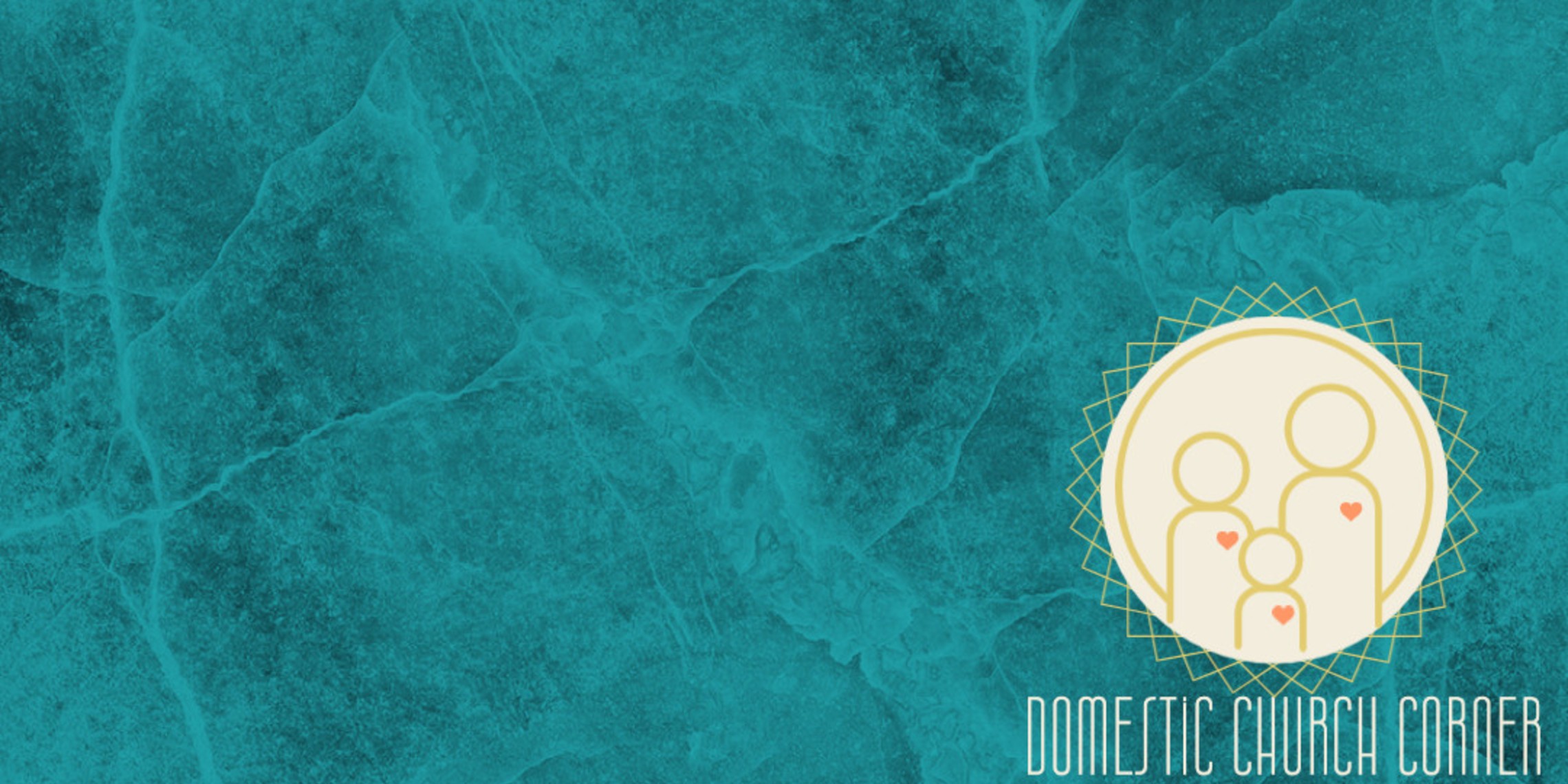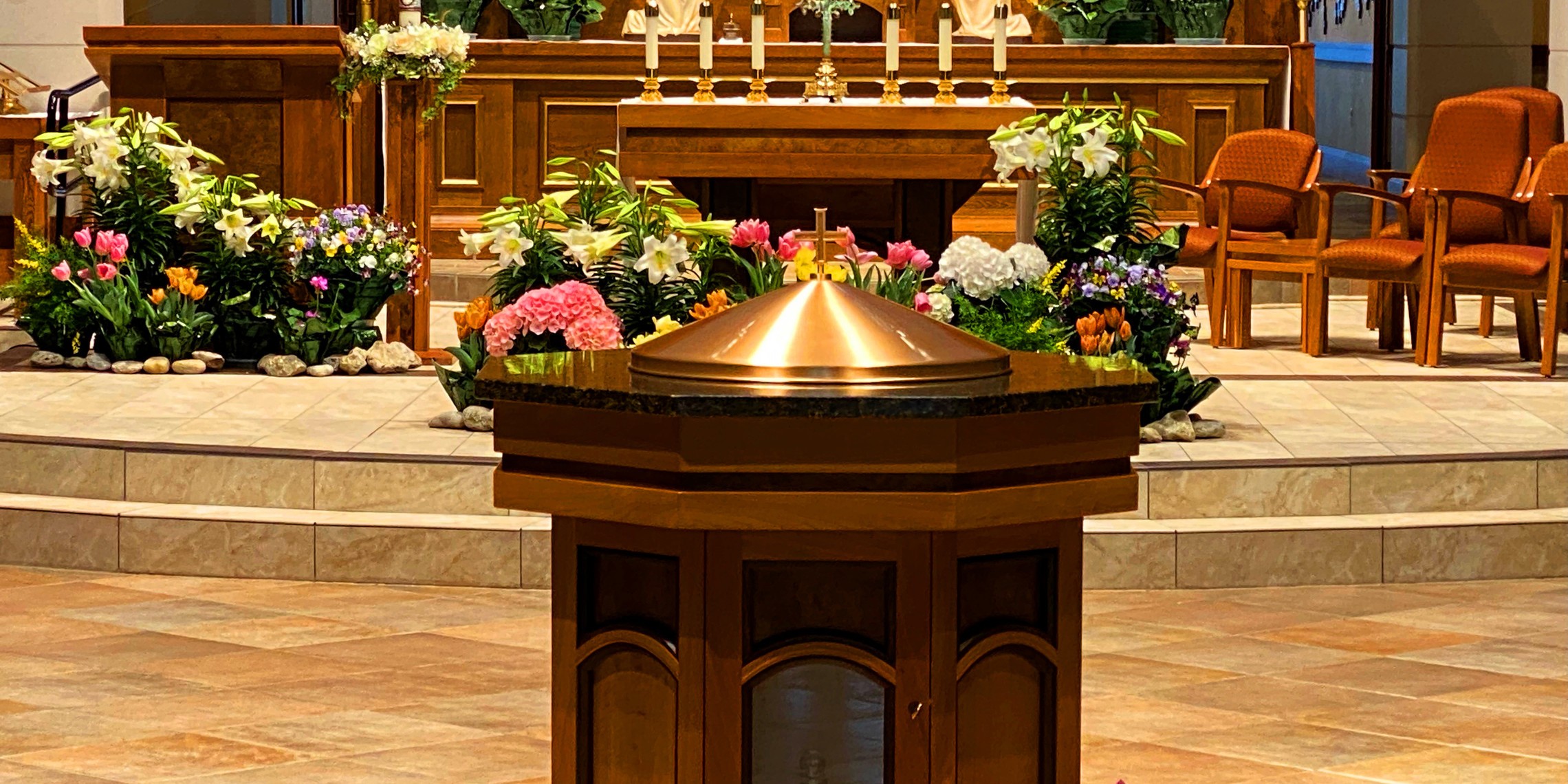What does being dispensed from the obligation of attending Sunday Mass mean?
“The first precept of the Church (“You shall attend Mass on Sundays and holy days of obligation.”) requires the faithful to participate in the Eucharistic celebration when the Christian community gathers together on the day commemorating the Resurrection of the Lord.” That’s straight out of the Catechism of the Catholic Church number 2042.
We might need to step back and define two things: The Precepts of the Church and the Catechism of the Catholic Church. The Precepts of the Church are the minimum requirements that a Catholic must meet to grow in the love of God and neighbor. There are five Precepts in all, and they are listed at the end of this article. The Catechism of the Catholic Church “is a statement of the Church’s faith and of catholic doctrine.” That’s what Pope Saint John Paul II tells us. It’s our textbook or reference book for learning our faith. Check it out, it’s available for free on the Vatican's website.
Back to what being dispensed for the obligation of attending Sunday Mass means: A dispensation is an exemption or release from the provisions of a specific Church law. “It can be granted by those who possess executive power within the limits of their competence.” Can. 85. One more helpful definition here: Can. 85 refers to Canon Law and those are the laws that govern our Church. For those of us who are not canon lawyers, what this means is that the Bishops, by their authority granted by the Pope, are able to exempt us from the Precept that we are obligated to attend Sunday Mass. Normally, it’s a mortal sin not to attend Mass on Sundays and Holy Days of obligation. Mortal sin means that we have totally split ourselves from our relationship with God and we need to go to the Sacrament of Reconciliation before we can receive Holy Communion again. And yes, missing Mass is a mortal sin. That’s defined just below the Precepts of the church in case you are interested.
Bottom line, missing Mass on the Sundays that the Bishops have dispensed us from is not a sin and it does not require us to confess it and we have not broken our relationship with God.
Reference:
More News...
Creeds Unveiled: Tracing the Origins and Differences Between the Nicene and Apostles' Creeds
May 01, 2024
At every Sunday Mass, we recite the Nicene Creed. Since the Nicene Creed was formulated...Read more
Christos Anesti! Christ is Risen!
April 01, 2024
“Christos Anesti!” Christ is Risen! This is how members of the Greek Orthodox Church greet one another at...Read more






